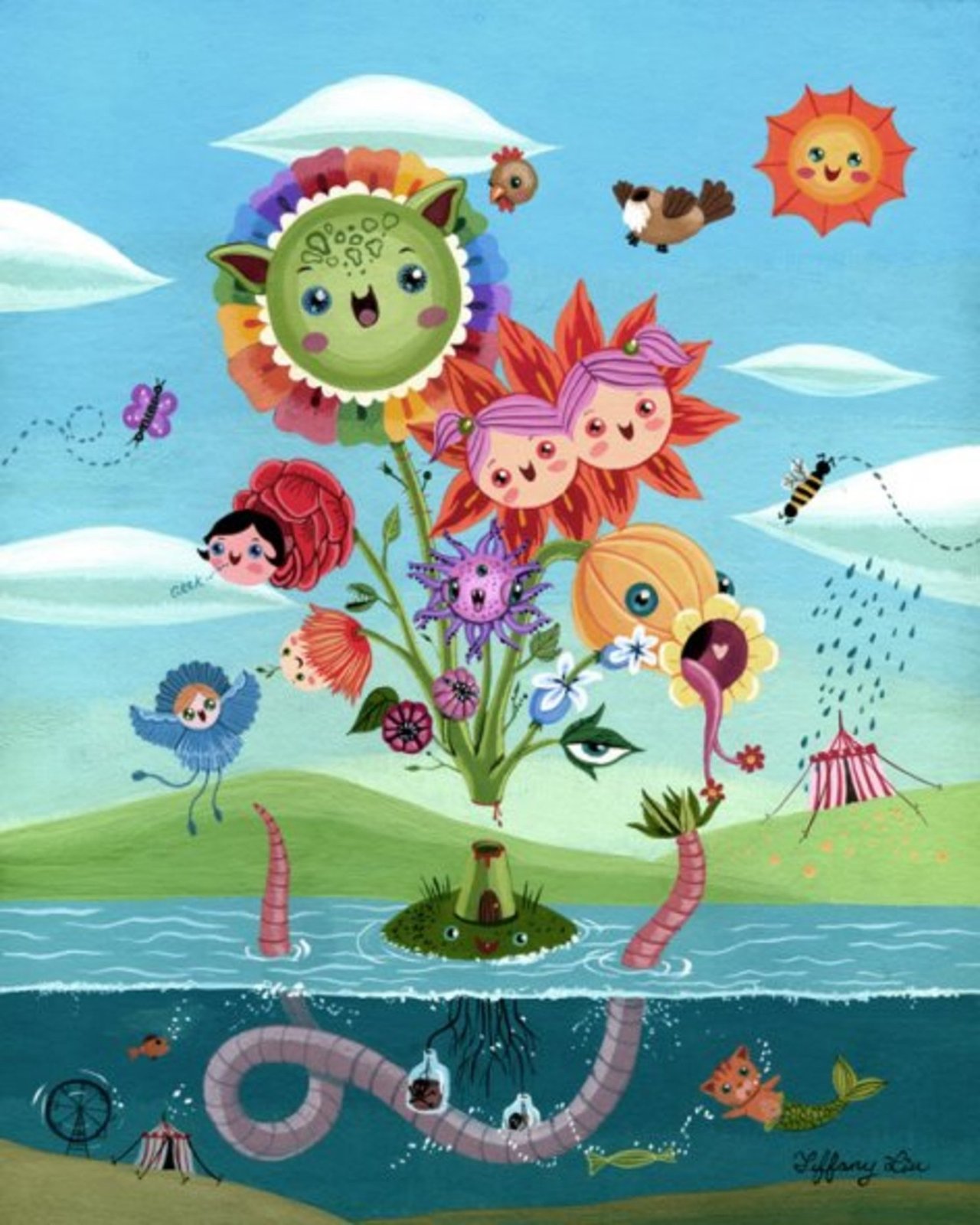


Their scared eyes scan the suddenly mysterious profile of a wife or sweetheart, wondering, "Is she capable of that?" And for that brief, intoxicating moment, the answer in many a female heart is "Absolutely, honeybuns. The insecure men stumble out helpless, chumps waking to their chumpdom with shell-shocked faces and a nervous snake handler's grasp on the elbows of their dates. Women wearing sly half-smiles are wrapped in the malevolent vitality of Linda Fiorentino's star turn as the smart, sexy, and utterly bad Bridget Gregory, who uses and discards males like toilet tissue. Couples strolling out of the dark at the film's end are mesmerized, still living the roles they identified with. Love's ascendance in the rock world came at the same time that The Last Seduction, a flagrant announcement of the emerging bad girl, was catching on with urban movie audiences. Love is a product of this cultural phenomenon, and its mirror. Her music and the furious melodramas of her never-private life make her the most visible element of a mounting wave of young women who are embracing the image, the attitude the right to be bad. Her popularity crosses gender lines, not despite her badness but because of it. When Dunn finished writing the book, after 10 years, she cried because she wanted to live inside it forever. The world of the carnival itself refashioned another idea of family, wild and spirited, but also cozy and communal, protected-mostly-by its subcultural shield. The family was deeply loving and strongly tethered they were ferocious and clamorous but believably so, the language kinetic and thrilling. Their prenatal methods may have been loose and suspect, but their story brought to light the idea of the constructed self, calling into question traditional gender identity, prejudice against disability, and the notion of difference. The novel centers on a brood of siblings whose traveling sideshow huckster parents bred specifically to become, in the parlance of that world, freaks: a pair of Siamese twins Arty, a boy with flippers for feet and hands who’d grow up to start his own cult a telekinetic child and a hunchback albino dwarf named Oly, the novel’s protagonist. For the weirdos of the world, Geek Love was a dazzlingly imaginative gateway drug of a novel, one in which norms were pitied and outsiders were not marginalized but celebrated: the stranger, the odder, the better. When I heard the news yesterday that its author, Katherine Dunn, had died at the age of 70, I looked to my shelves, found my copy once again absent, and found myself thinking first not of Dunn, but of all the people who might have forever-borrowed it from me-punk rock kids and travelers passing through, exes, friends in other towns where I used to live.


Geek Love is one of the main reasons I rarely loan out books anymore-at least, not with the expectation that I’ll ever see them again.


 0 kommentar(er)
0 kommentar(er)
